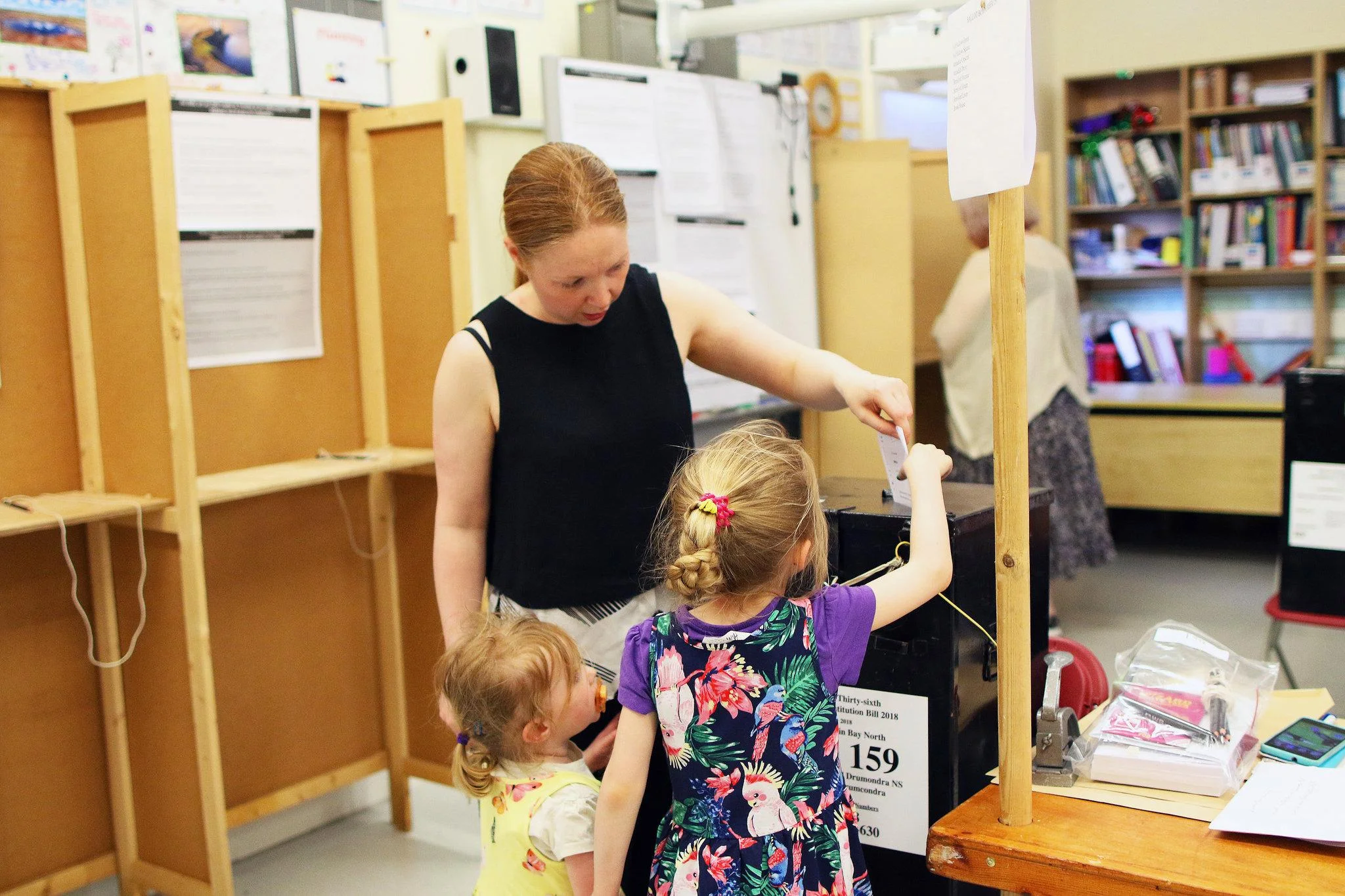Ireland Votes 2-1 To End Ban On Abortion, Expecting Full Rights To Be Extended To Women Until 12 Weeks
/Voters in Ireland decisively decided to repeal one of the most restrictive abortion bans in the world, moderated only slightly after the death in 2012 of Savita Halappanavar who was mandated to die by the Catholic Church, rather than give her medical abortive treatment for the septic miscarriage that was poisoning her body and ultimately killed her.
The referendum in Ireland was decisive, with two-thirds of voters overturning the ban on abortion. Ireland “is taking the proper steps to separate church and state and to move forward as a more progressive country,” said Conor Flynn, a 22-year-old student.
Until now thousands of Irish women had traveled to England or bought pills illegally to terminate their pregnancies, risking a 14-year jail sentence if discovered in Ireland. The Times notes, and we confirm, that the willingness to challenge the sanctimonious demands of the Catholic patriarchy have accelerated in recent years, given the endless sex scandals that have dominated Vatican headlines in recent years. Ireland has the additional disgrace of not only their share of pedophile priests, but "thousands of unwed mothers who were placed into servitude in so-called Magdalene laundries or mental asylums as recently as the mid-1990s", writes The New York Times.
Essentially, the law in Ireland has been so restrictive as to be a personhood law mandating that the legal rights of the mother are the same as those of the zygote or fertilized egg that she is carrying. Pro-life advocates prefer the term 'baby', but most women do not equate a fertilized egg with their own fully-developed selves and their expanded roles as mothers, wives, workers, and leaders. Historically fertilized eggs were not equated this status, not even when monotheism first planted its roots in the western world.





